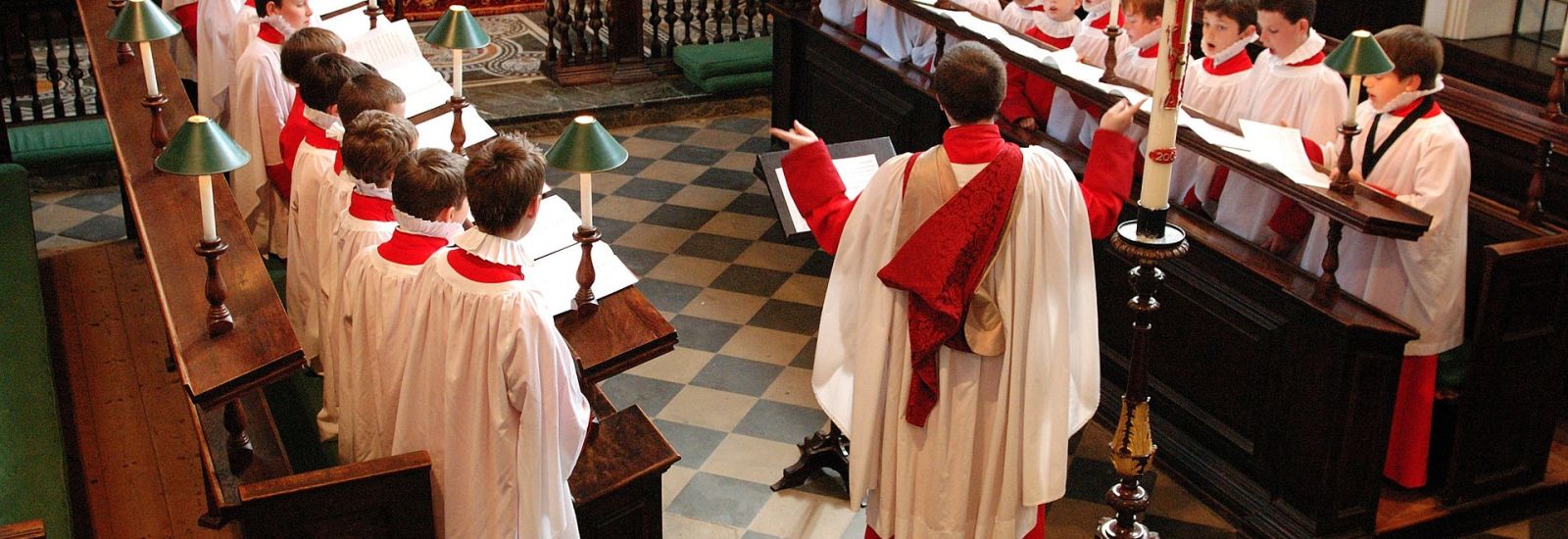
Lessons Learned: Mission in Revision
Researchers in the Humanities Division have contributed to a wider consultation on reform of the Church of England’s ‘Mission and Pastoral Measure’ – which will help ensure church buildings no longer needed for public worship can be better protected and used.
As regular Christian church attendance declines, more and more churches face potential closure. But more than three-quarters of Church of England churches are listed buildings and closures represent a significant heritage challenge.
More than three-quarters of Church of England churches are listed buildings and closures represent a significant heritage challenge.
The options for churches no longer needed for public worship are currently ‘suitable alternative use, preservation, or demolition’; since 1969, alternative uses were found for the majority of the church buildings which were closed (approximately 2,000), but sadly in 21% of cases demolition was necessary. The Mission and Pastoral Measure 2011 (MPM), which sets out the legal framework for the closure and disposal of consecrated church buildings, is being reviewed and as part of that work the Church Commissioners needed to consider ways in which new legislation and processes could help achieve better outcomes for historic church buildings.
An OPEN award from the Strategic Priorities Research Fund allowed us to work with the Church Commissioners and the Churches Conservation Trust to make recommendations towards the reform of the MPM – currently a strategic priority of the Church of England.
All partners recognised that there were lessons to be learnt from others: looking at the experience of state-funded European churches for instance; seeing how secular planning legislation could be used as a model for adaptions to the Measure to enable and encourage more creative reuse of churches; and exploring how best to involve local communities in decision-making and managing future building use.
The project was extremely successful in developing and sharing insights into possible reforms of the MPM. We invited members of the Churches of England, Scotland, Wales and Ireland, as well as from South Africa and the United States, and also from the Catholic, Islamic and Jewish faiths, alongside experts in ecclesiastical and contested heritage law to a series of Zoom workshops. These sessions explored a range of possible approaches and models, and the resulting recommendations were published in a report on the Church pf England’s website, and cited in the Church Commissioners’ green paper proposing legislative reform to the MPM (July 2021).
Crucial to success was the appointment of an excellent project manager, Eleanor Townsend, who brought extensive professional experience from the heritage sector, as well as her academic research on medieval parish churches. Having the right person to run the project, and the fact that they were able to start promptly and keep things moving, really helped us achieve our objectives.
The project helped us understand the working methods and strategic priorities of the Church Commissioners and the Churches Conservation Trust strengthening our partnership with both parties.
The Church Commissioners particularly indicated their appreciation for the report’s contributions on areas that they were not able to include in their own green paper, specifically around ecclesiological ideas and the kingdom of God, ecumenical issues and debates around local agency and autonomy. Draft proposals, which will be tabled at General Synod in February 2023, have drawn on the ideas from the Oxford conversations. For example, the new proposals are likely to include processes which will give local communities more agency and control over the decisions relating to their local buildings. The positive feedback from the other parties demonstrates that the project has served as an excellent example of academic / policy collaboration.
Having a clear brief for our participation really helped with this, as did using online workshops which made engagement easy and allowed us to access the relevant expertise as widely as possible, both nationally and internationally. The project also helped us understand the working methods and strategic priorities of the Church Commissioners and the Churches Conservation Trust strengthening our partnership with both parties, and we look forward to continued collaboration with them in the future.
We are confident that the final reform proposals will be shaped in part by the workshop debates and resulting report, and are a good basis from which the Church of England can consider this difficult area of legislation – ensuring the best outcomes for communities, heritage, and the environment.
Dr Oliver Cox was Heritage Engagement Fellow in the Department of History and former Co-Lead of the Oxford University Heritage Network. He is currently Head of Academic Partnerships at the V&A.
Eleanor Townsend is a DPhil student in the History of Art Department, working on imagery in medieval parish churches.